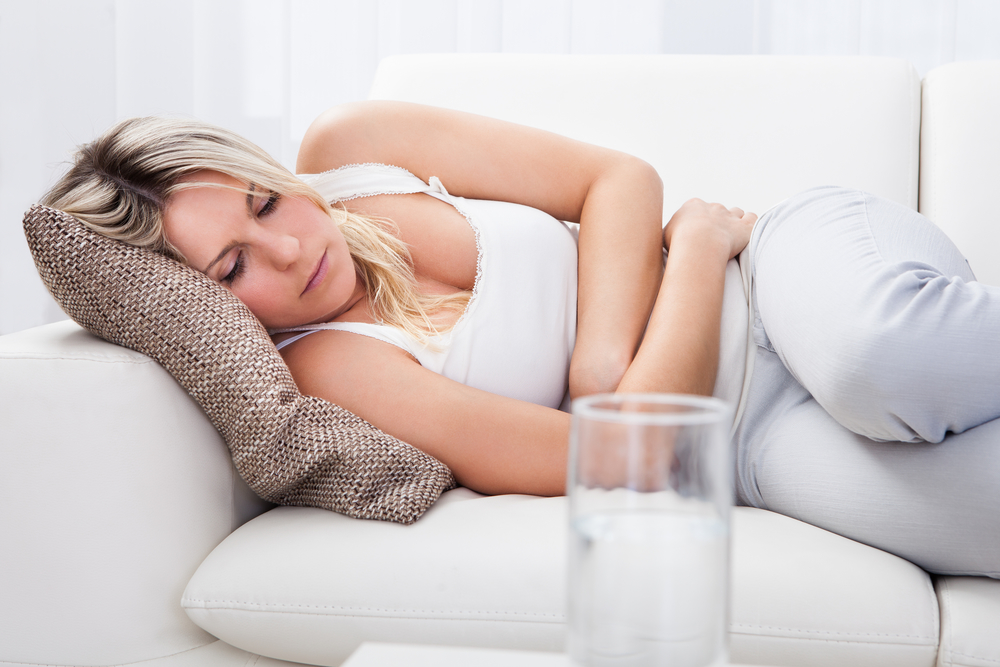Endometriosis is a disorder in which tissue that normally lines the inside of your uterus — the endometrium — grows outside your uterus. Endometriosis most commonly involves your ovaries, fallopian tubes, and the tissue lining your pelvis. Rarely, endometrial tissue may spread beyond pelvic organs.
Most women with endometriosis have pelvic pain and cramping. However, you may experience little to no pain or only mild discomfort and not know you have endometriosis.

Endometriosis affects about 1 in 10 women of childbearing age. It's usually diagnosed in women in their 30s and 40s, but it can occur in younger women. Endometriosis is a chronic condition, which means it lasts for months or even years. There is no cure for endometriosis, but there are treatments that can help relieve symptoms.
It can be hard to know if you have endometriosis because symptoms vary from person to person. Some women with endometriosis have no symptoms at all, while others have very severe symptoms. The most common symptom of endometriosis is pelvic pain.
This pain can be mild or severe and can happen during your period, when you ovulate, or all the time. Other symptoms include:
• Painful bowel movements or urination
• Excessive bleeding during your period
• Infertility
If you think you might have endometriosis, it's important to see a doctor so they can diagnose and treat the condition. There is no cure for endometriosis, but there are treatments that can help relieve symptoms and improve your quality of life.

